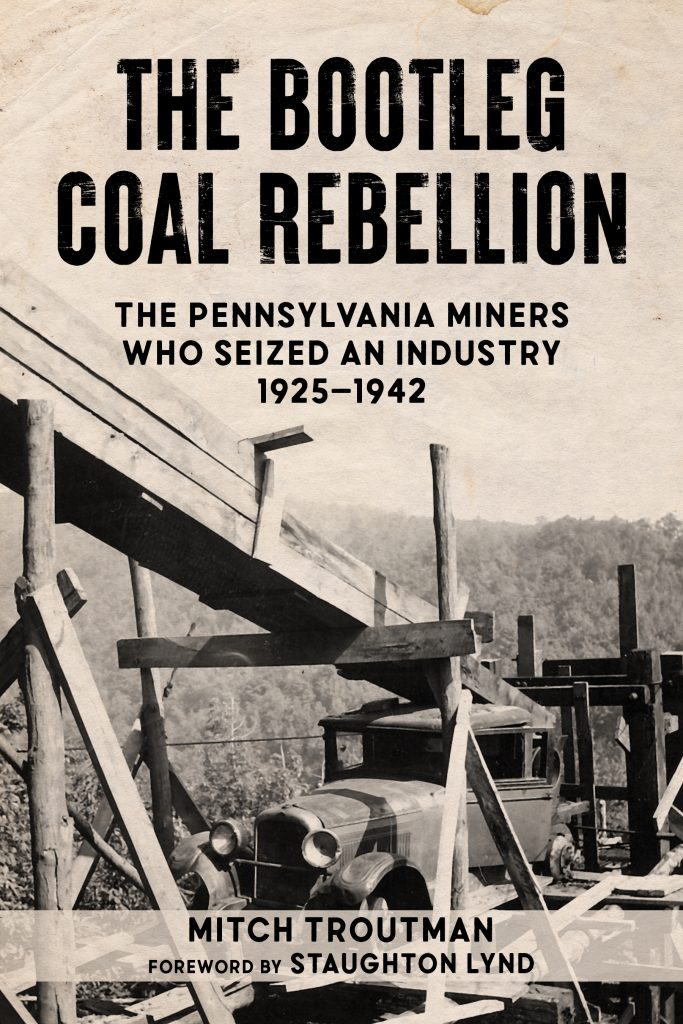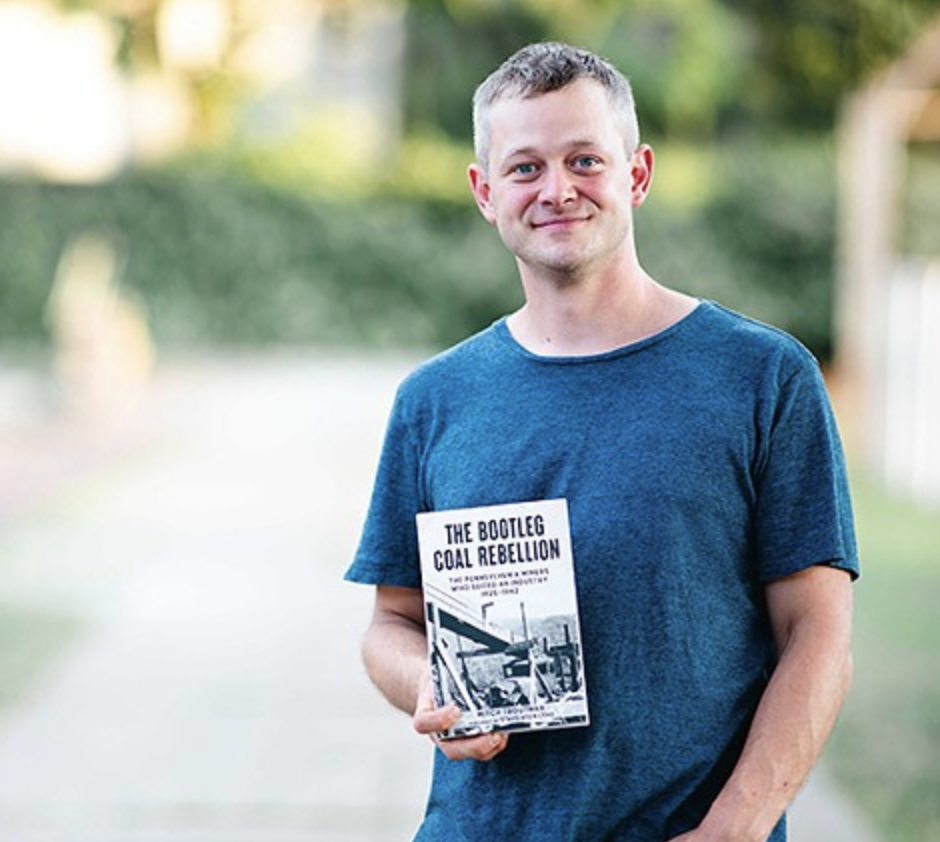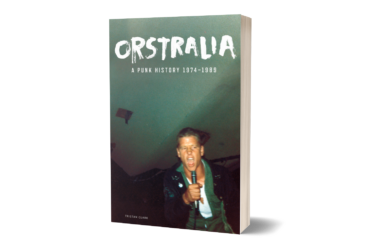By Jordana Rosenfeld
PGHpaper
September 7th, 2022
The Prohibition-era bootleggers who illegally manufactured and sold alcohol from 1920-1933 are favorite characters to historians and the American public. Much less widely known, however, are the stories of America’s bootleg coal miners, workers in Pennsylvania coal towns during the same era who asserted their right to survive exploitative conditions by mining coal in their communities and selling it themselves, even if the land and the coal were owned by huge corporations.
“Bootlegging was about private property,” local historian and author Mitch Troutman tells Pittsburgh City Paper, “the dispute over who has the right to use the coal lands when people are hungry.”
Troutman’s first book The Bootleg Coal Rebellion: The Pennsylvania Miners Who Seized an Industry, 1925-1942 preserves the stories of bootleg coal miners — also called independent miners — in their own words and contextualizes them within regional and national fights for labor rights. It’s also a galvanizing story about how communities have faced down some of the most powerful interests in the country.
Beginning in the 1920s, when most coal companies were owned by Wall Street, Troutman writes, successful firms saw that oil was the fossil fuel of the future and started divesting from coal and investing in oil. Although coal production had slowed to a halt in many parts of Pennsylvania by the mid-1920s, JP Morgan and others refused to sell their land in order to maintain a monopoly and keep the supply low. They simply shuttered many of the mines in northeastern Pennsylvania’s anthracite coal region.
A bootleg coal miner
But what about all the people those companies had recruited to live close to the mines, all in an effort to build a convenient labor pool? When the mines closed, Troutman writes, people often “openly and defiantly” dug their own “coal holes” and stole equipment from company mines to work them.
By the mid-1930s, Troutman writes that “thousands of men, women, and children worked in the illegal industry. Their numbers were so great that they neutralized the local court systems. They stood down company and state police. They dynamited machinery that stood between them and survival. The bootleggers even formed unions.”
They had plenty of popular support too, Troutman notes.
Troutman tells Pittsburgh City Paper that he first began researching this history while living in Trevorton, Pa., one of the coal towns featured in his book.
“A lot of people [in Trevorton] party in the old strip mines and just treat everything like they own it, and I was wondering where that attitude came from and if it had anything to do with [bootleg mining],” Troutman says. “That’s where I started digging, mostly just cause I wanted something to do, and it was fascinating.”
By the time Troutman really began his research on bootleg miners, however, it was too late to interview any of the miners themselves.
“There are plenty of people who are still alive who are in their 90s from that time, but not coal miners,” he says.
Luckily, he came across a trove of oral histories from bootleg miners recorded by an independent researcher in the late 1980s.
“So this guy, Michael Kozura from Minersville, was working on a book on this in the late ’80s, early ’90s. He had done a lot of research, but he hadn’t done much writing yet when he got in a car accident and died, unfortunately. I hit a wall in my research, but somebody had been pushing me to keep digging into whatever I could. … I Googled his widow’s name and found a phone number and called and it was her. She had been saving his stuff and hoping that one day somebody would pick it up.”
Once he had access to Kozura’s interviews, Troutman realized he had a book on his hands. He tells City Paper it was important to him to build his research around the voices of the miners themselves, and that he was careful not to make assumptions about people’s intentions.
“If you assume why somebody did something or how something came to be, you’re usually wrong,” he says.
Troutman’s book is a powerful reminder of a time in the not-too-distant past when solidarity among working people was common sense.
“The idea that we can even look out for each other at all just doesn’t occur to a lot of people [anymore]. There is no working-class people versus corporations in a lot of people’s minds. A lot of people like Walmart or Amazon better than they like their neighbor. People didn’t like their neighbors any better back then than we do today,” Troutman says. “But it was common sense to them that their neighbor’s welfare mattered for their own welfare, that they sink or swim together, regardless of how well they get along with each other.”
Troutman is hopeful that the history of the bootleg coal rebellion can inspire empathy for and solidarity with “other people who have to break laws or evade or fight police or military in order to just get by. The ability for us to relate to them if we know that we came from someone like that, if that’s our history, it’s way greater than political arguments or talking heads on TV.”







